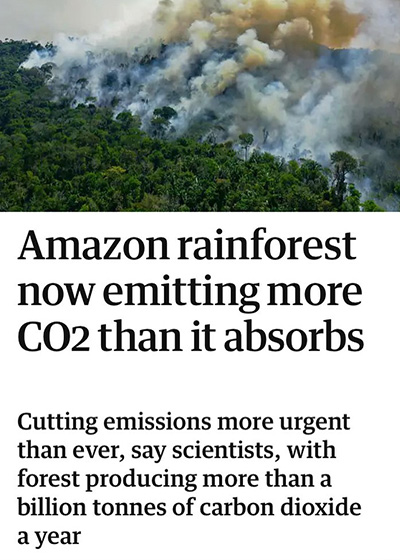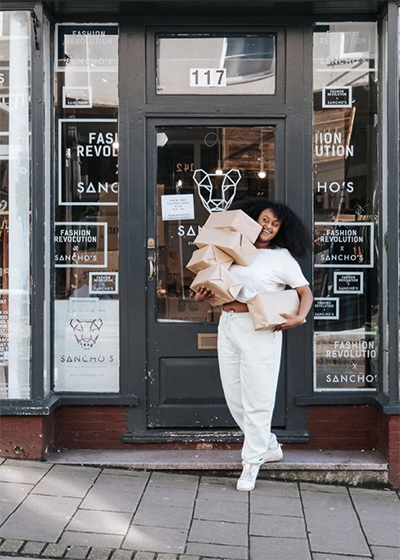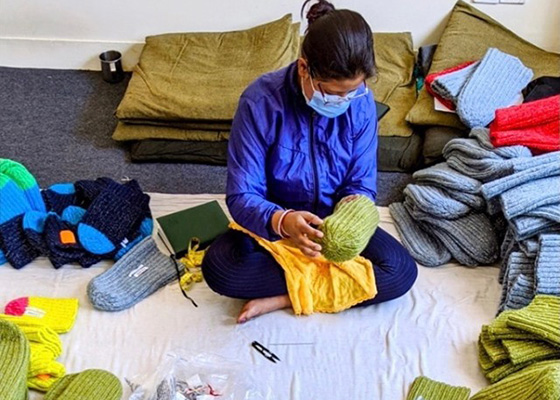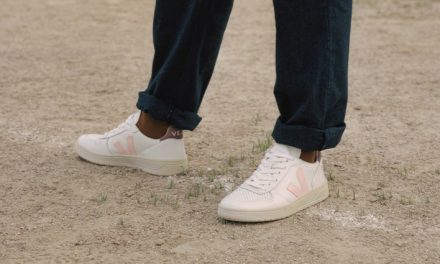Why We Should Support Sustainable Companies
Image: Birdsong
Founder Lucy Kebbell explores how sustainable companies benefit the wider economy and how you can support them to save our planet.
It’s impossible to not see the accelerating effects of climate change daily. Our weather is becoming more extreme, illness and death from pollution is becoming more well documented. Big business also continues to pollute our environment and treat their workers poorly, resulting in economic and environmental hardship in most parts of the Global South. Thanks to social media, stories from the other side of the world are gaining attention. When garment workers in Bangladesh and Myanmar were fired without pay during the first global wave of COVID, a huge community gathered together to publicise their stories and pressure fashion brands into paying for cancelled orders.
Eco Anxiety
The world isn’t perfect, and often it can be hard to extract ourselves from ‘Eco Anxiety’. It’s an increasingly heavy feeling that our world is imploding and there isn’t much we can do about it. Having worked in the fashion media for nearly 15 years, when I discovered the harm that was being done by the fashion industry, I couldn’t look away. I knew that there must be exceptions to the norm. So I set out to find the people that were doing better. When I lifted up the rock, an entire world of sustainable, ethical and transparent companies came spilling out and I wondered where they had been my whole life.
Inspiring Founders
Through founding and running The Vendeur, I have the pleasure to speak to sustainable brand founders and entrepreneurs on a daily basis. Their stories are inspiring, bound up in purpose and a need to make a change. Like Genia, who founded her bag brand BEEN London because she wanted to make better use of waste fabrics. Or Oyuna, who created her namesake cashmere label OYUNA to highlight the importance of ethically sourced cashmere from her native Mongolia. Josephine Philips left University and launched a brand new app called SOJO that allows people to access clothing repair and alteration on demand. And Samata Pattinson who works with celebrities and designers to highlight sustainability through the red carpet at the Oscars.
Unseen Costs
I never fail to be amazed by the people I meet, and the stories they tell. There is no doubt that through sourcing responsible materials, paying fair wages, empowering their workers and raising awareness, they are helping to create a better world for all. But who is helping them? All of this innovation takes time. Paying living wages, sourcing organic or recycled fabrics, and using recycled or compostable packaging costs money. For example, plastic mailer bags used by brands like Boohoo and Missguided are very cheap, costing only pennies each. However, responsible packaging like cardboard, compostable plastic or reusable mailer bags like those used by rental company Bundlee are more expensive.
Kalkidan Legesse, (above right) co-founder of Sanchos explains it best. “Often businesses are rewarded for choosing models that take cost from themselves but add it to customers or the planet and environment,” Kalkidan told us. “These businesses come across as successful but they have done it at the detriment of the environment and people.” It’s an extra burden to run a sustainable business for these reasons. “Too many environmental issues are put on the shoulders of individuals with the hope they’ll do the right thing, that’s why we need collective solutions.”
Do you work in sustainability?
The WIP is our new digital platform for eco aware brand founders, entrepreneurs and side hustlers. It's a place to find community as well as learning resources. Launching this Winter, you can sign up for updates below.
On top of these struggles, sustainable businesses have the same issues as other SMEs (small, medium enterprises) do. PR and marketing, website building and development, navigating the complicated UK Tax system, not to mention the curveball that is BREXIT. Thats why your continued support is so crucial. Through shopping with and supporting these companies, you are having far reaching effects on our society and environments. Here are just a few inspiring examples of companies who achieved amazing things through selling you an excellent, ethical product. Like the beautiful hats being made by a member of a women’s collective for Glow Apparel (left).
Birdsong
In 2019, the women’s retailer made £38,432 for 11 low income people in East London and the charities that support them. According to Women’s Resource Centre, thats £307,456 of social value that goes back into our economy. You can read Birdsong’s annual impact report here.
Glow Apparel
Glow partners with women in BAMER (Black, Asian, Minority Ethnic, Refugee) communities who face barriers to work. They offer flexible working from home as well as a living wage to uplift women who have a valuable skill to share.
Evolve Organic Beauty
Evolve recently became the UK’s first Plastic negative beauty company. Through their work with rePurpose Global and CARPE, they will remove 10,680kgs of plastic from our environment this year. No only that but they are actively minimising the plastic in their packaging and working with their customers to help them recycle all of the beauty products at home.
So Just Shop Accessories
Between 2015-2019, the retailer had a positive impact on 4000 women and their families in the Global South. They supported 50 Women led artisan groups with 50,176 hours of meaningful labour by paying a fair living wage. Read more in So Just Shops 2020 impact report.
Akojo Market
The retailer supports Black owned and supported labels throughout the diaspora. They stock 45 designers, who in turn employ 2500 artisans (right) in their workforce. In total, their careful curation of fashion, beauty and lifestyle products has provided a platform for makers voices, resulting in 11,250 people being positively impacted since it’s launch.
MUD Jeans
The well known denim brand have gone circular, through using recycled cotton and renting out their jeans to customers. In the last 4 years they have saved 533 million litres of water, in 2019 alone they preserved 160,000 m2 of land. They have also saved 20,000 pairs of jeans from ending up in landfill.
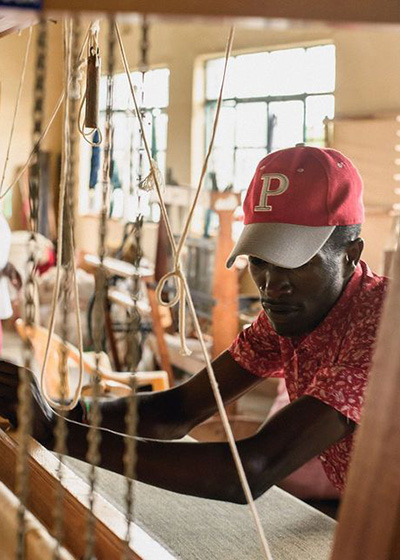
Just imagine what these businesses could do with more support. Imagine what the world might look like if more companies operated with a view to positively impacting their supply chains and our eco systems, as opposed to simply lining the pockets of a few wealthy shareholders. At The Vendeur, we work hard to support these brands as best we can, but now it’s time to do more. So we are launching The WIP. The WIP is a membership platform for sustainable companies, providing access to supportive community as well as learning resources.
We believe that collectively we all have a part to play in the future of our planet. Whether you own a brand, have a germ of an idea for an amazing product or are a conscious citizen, through supporting eco aware SME’s we can all have a positive impact. Please support The WIP’s Kickstarter campaign to raise the money we need to build our innovative and unique platform.
Sign Up To The WIP's Kickstarter
The Kickstarter campaign is live. Discover how you can support the growth of sustainable business by pledging and sharing today.
Did This Put A Smile On Your Face? Why Not Subscribe?
If you enjoyed this then theres plenty more on our email newsletters that you'll love. Whether you're a sustainable newbie or an eco conscious pro, our bi monthly emails will inspire you to live sustainably and ethically.
Disclaimer: The people and models in the images featured are not associated with The Vendeur and do not endorse it or the products shown. This post may contain affiliate links. Prices correct at time of publishing.

